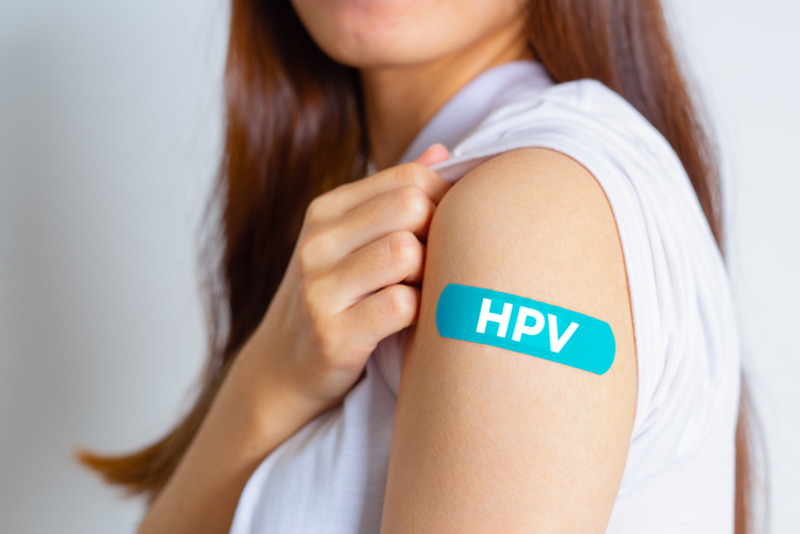
What Are the Facts on HPV?

Human papillomavirus (HPV) is the most common sexually transmitted infection (STI), and March 4 is HPV Awareness Day. This day was established to help spread awareness of HPV and teach people about prevention measures. The following are some important facts about HPV.
- There are over 100 identified types of HPV, at least 40 of which affect the genital area such as the vulva, vagina, cervix, penis, scrotum, rectum, and anus. These types of HPV can also affect a person’s mouth and throat.
- HPV is spread through sexual contact. While HPV is most commonly spread through vaginal or anal sex, it can also spread through oral sex or even close skin-to-skin contact.
- Most sexually active people will be exposed to HPV. According to the Centers for Disease Control and Prevention (CDC), HPV is so common that almost all sexually active people who are not vaccinated against HPV will become infected at some point in their lives, and most will never know they have the virus.
- Some types of HPV can cause health problems. Most of the time, HPV goes away on its own without causing any health problems. However, some types of HPV can cause genital warts, and other types can cause cervical cancer or other types of cancer.
- Types 6 and 11 are responsible for most cases of genital warts, but are considered low-risk HPV because they do not lead to more serious health issues.
- On the other hand, types 16 and 18 are known as high-risk HPV and lead to the majority of HPV-related cancer cases. Most often, HPV is associated with cervical cancer, but it can also cause cancer in the vulva, vagina, penis, anus, mouth, and throat.
- There is no cure for HPV. Nevertheless, there are steps a person can take to keep HPV from negatively impacting their health.
- The HPV vaccine is highly effective and may greatly lower one’s risk of HPV-related cancer or genital warts. This vaccine is recommended for all people between the ages of 9 to 26, and some individuals between the ages of 27 to 45 who have not yet been vaccinated against HPV and decide to do so after consulting with their health care provider.
- Having safe sex can lower your chances of getting HPV. HPV can still spread from one person to another even while using condoms and dental dams during all sexual activities, but these protective barriers can reduce your risk of HPV infection.
- High-risk HPV that is identified early can usually be treated before it becomes cancer. Since HPV can cause cervical cancer, regular Pap smears are recommended for individuals who are assigned female at birth to identify abnormal cells in the cervix before they become cancerous. These cells can then be removed, effectively treating the condition. Anal Pap smears might also be recommended for men who have sex with men, particularly those who are HIV-positive.
If you have lingering questions about HPV or other STIs, talk to your health care provider about prevention measures, STI screening, and other safe sex tips.
References:
- Centers for Disease Control and Prevention (CDC). (2022, April 12). HPV Fact Sheet. https://www.cdc.gov/std/hpv/stdfact-hpv.htm
- Planned Parenthood. (2023). Human Papillomavirus (HPV). https://www.plannedparenthood.org/learn/stds-hiv-safer-sex/hpv
- Rosenquist, S.E. (2012). Is oral sex really a dangerous carcinogen? Let’s take a closer look. The Journal of Sexual Medicine, 9(9), 2224-2232. https://doi.org/10.1111/j.1743-6109.2012.02684.x






